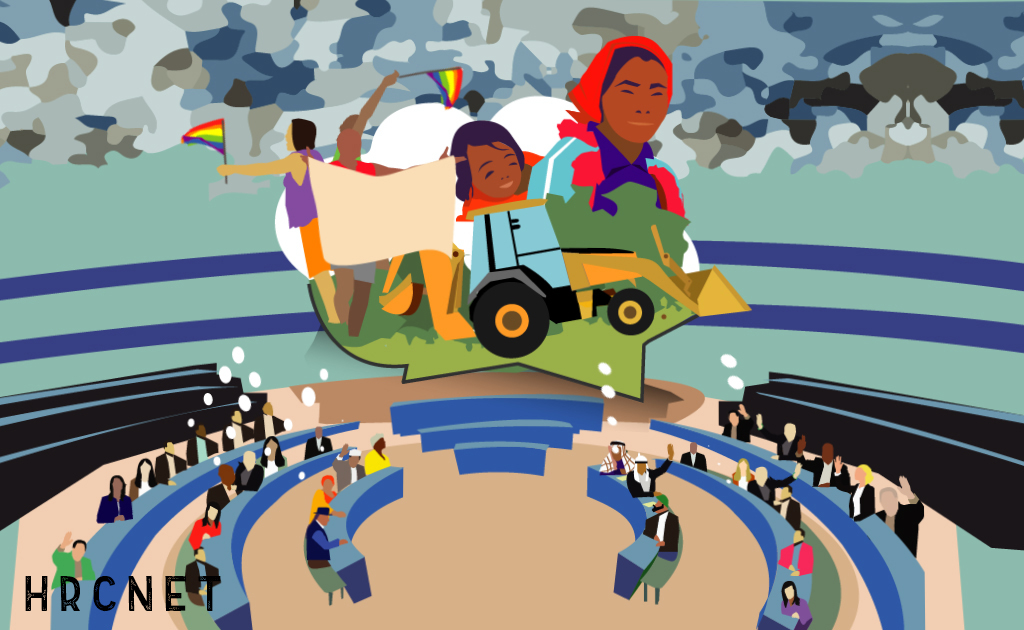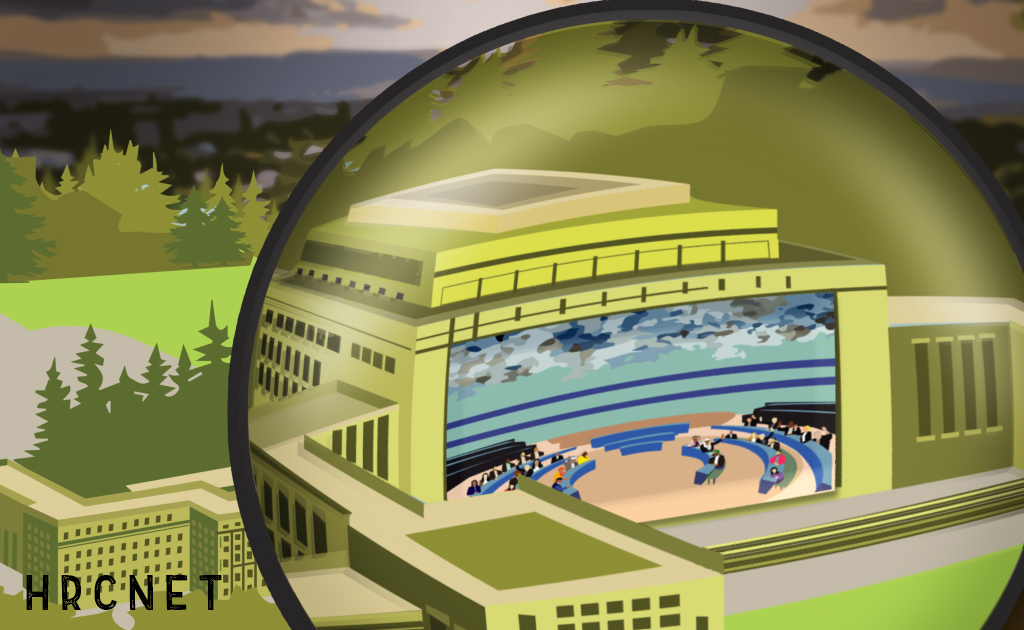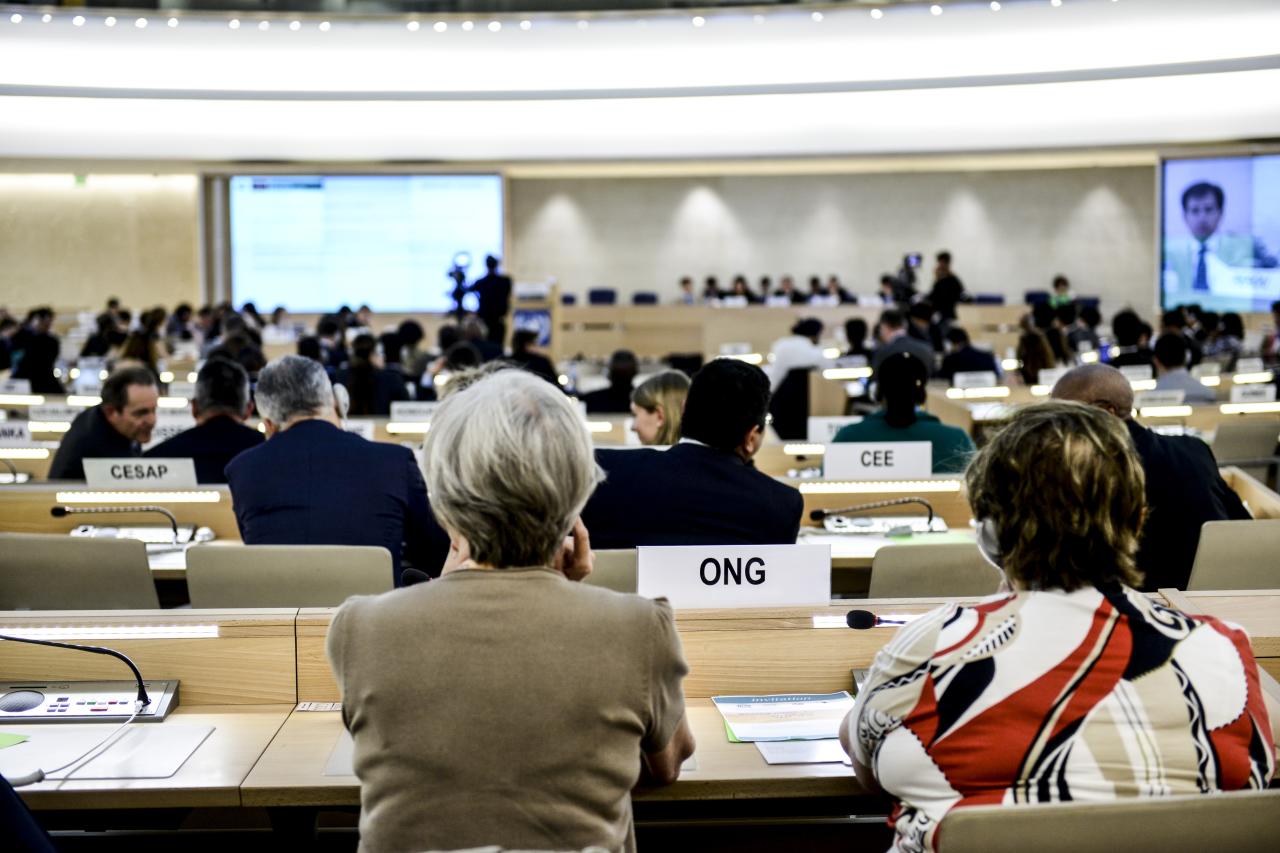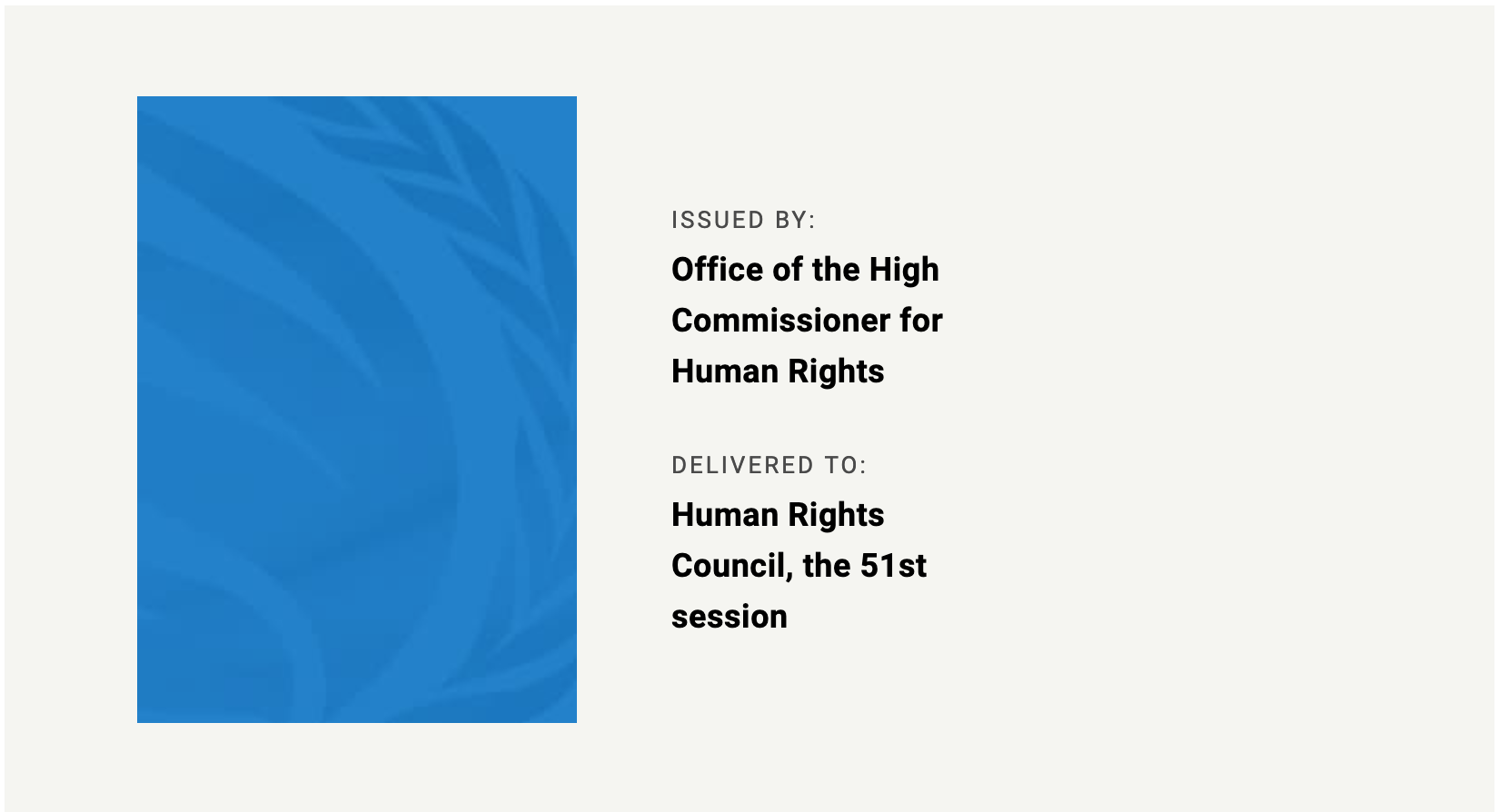UPDATE: 56 organisations, including HRCnet members, joined the statement delivered during the Human Rights Council Organisational Meeting on December 9, 2022, asking the President and HRC member States to address the expected outcomes of the campaign, outlined on this page.
The presidential statement, adopted during the meeting, extended for another year the efficiency measures. UNOG announced that hybrid modalities during HRC sessions will be provided for the first quarter of 2023.
A number of States supported hybrid modalities, including focal points of Human Rights Council initiatives (based on results of consultations and questionnaires shared with member states):
- Armenia on behalf of the “Consultations on the strengthening and optimisation of the Universal Periodic Review” initiative;
- Singapore on behalf of the “SIDs and LDCs, implementation of the measures on the use of modern technology” initiative;
- Germany and Brazil on behalf of the “Examine the extraordinary modalities that the Council has adopted and applied throughout the COVID-19 pandemic with a view to a post-COVID-19 Council” initiative and;
- The Gambia on behalf of the “Task Force on Accessibility for persons with disabilities” initiative.
While the President’s statement decided to “extend for one additional year the measure contained in PRST OS/13/1 related to general debates”, including the suspension of general debates in the June session, a positive outcome is that the statement decides to “continue to discuss ways and means to enhance its efficiency and effectiveness, including the convening of general debates at its June session.”
This outcome builds upon civil society organisations’ advocacy to reinstate General debates and states supporting the demand in the meetings leading to the organisational meeting.
HRCnet and partners will continue their efforts to ensure equal and facilitated access for civil society at the Human Rights Council and safeguard its participation. #NoCouncilWithoutUs!
Civil society participation is a cornerstone of the Human Rights Council. It brings voices from local communities and organisations who can effectively inform the HRC of human rights priorities and needs on the ground.
Yet the special emergency measures and ongoing budget constraints adopted by the UN Human Rights Council (HRC) in 2019, 2020 and 2021 coupled with measures adopted to respond to the Covid-19 crisis, and the ongoing Strategic Heritage Plan, have heavily restricted civil society participation at the Council.
Among the measures adopted and renewed, we’ve witnessed the elimination of general debates from the June session, capped NGO lists of speakers and reduced speaking times during interactive dialogues.
Consequently, civil society organisations and human rights defenders have suffered significant reductions in spaces for participation in the Council’s work.
During the Covid-19 pandemic, while civil society’s physical access was restricted, the implementation of remote participation allowed for greater inclusivity and the implementation of a long time demand of civil society organisations.




